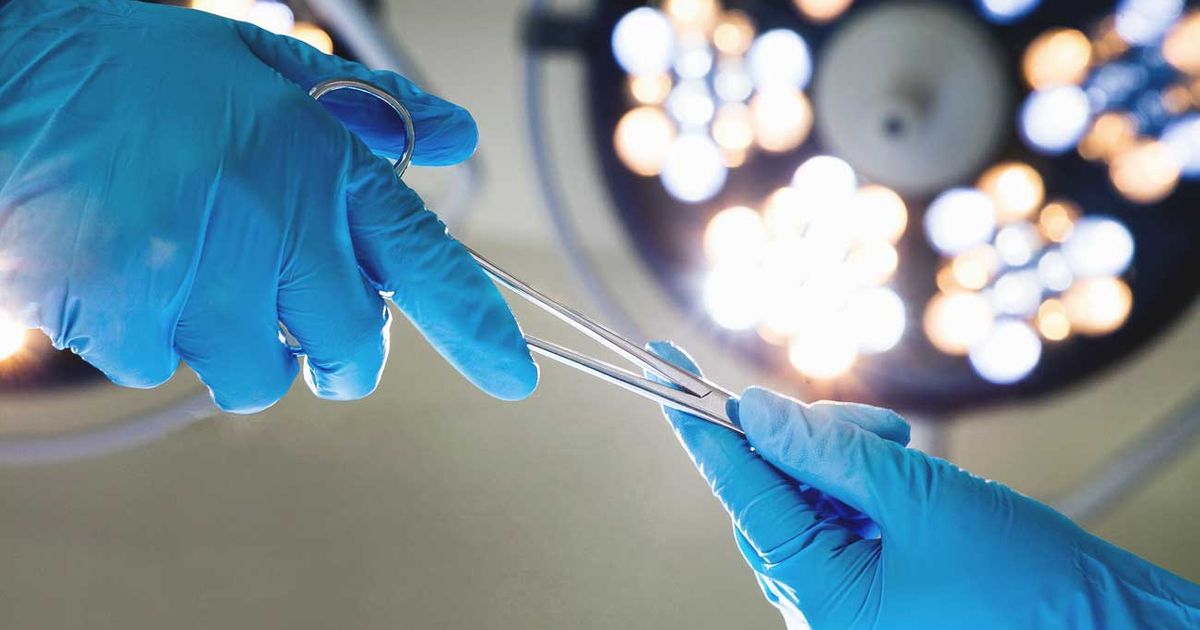Breast Cancer Causes And Health Effects
Treatment Options

Treatment of breast cancer involves several stages and includes a multidisciplinary team, including a surgeon, radiologist, dietitian, and a psychologist. Determining the best treatment for the patient depends on the type of breast cancer they have, whether it is invasive or non-invasive, the stage of cancer, the patient's general health and age, and whether the cancer cells are sensitive to hormones or not.
The primary treatment options available include surgery, radiation therapy, chemotherapy, hormone therapy, and biological treatment. There are many side effects linked to cancer treatment. The most frequent ones are sudden weight loss, hair loss, vomiting, nausea, fatigue, a higher susceptibility to infections, and a sore mouth.
Treatments Continued

Surgery may involve removing only the affected tumor or surgically removing the breast, radiation therapy is the use of controlled levels of radiation directed at the tumor to destroy the cancerous cells, and chemotherapy is medication known as cytotoxic drugs prescribed to slow down or stop the growth of cancerous cells. Hormone therapy is used mostly after surgery for cancers that are sensitive to hormones and to prevent cancer recurrence, and biological treatment is a monoclonal antibody that targets and destroys cancer cells, similar to chemotherapy.
